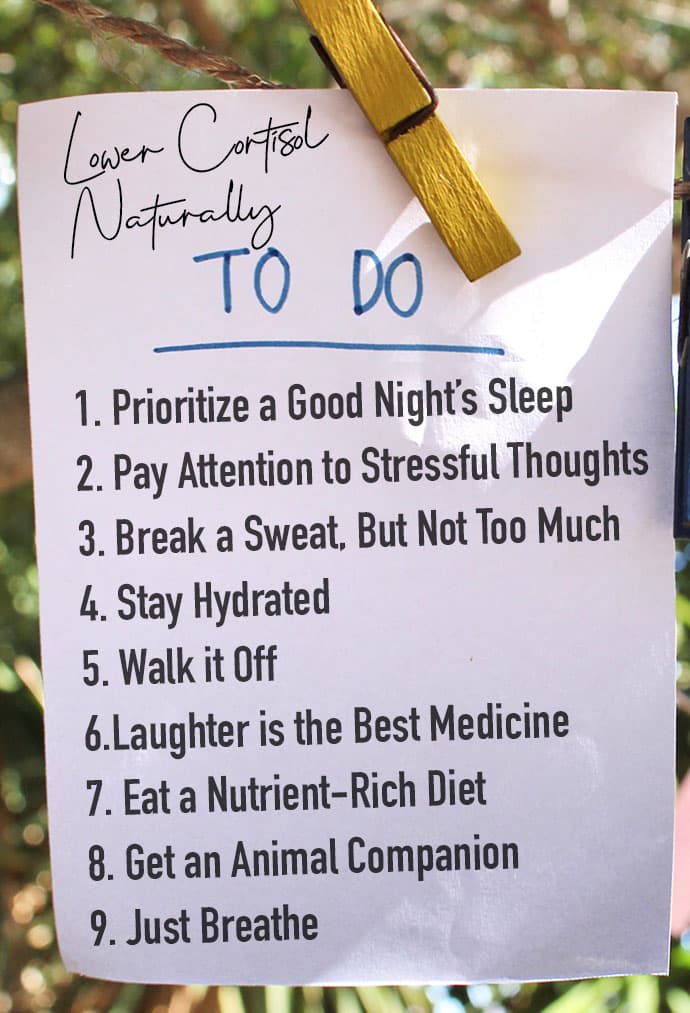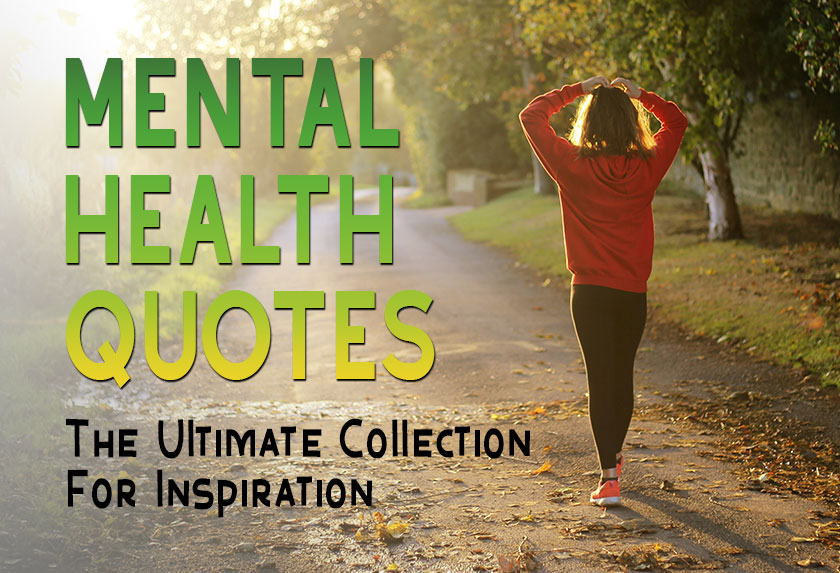The signs of high cortisol and how to lower cortisol naturally. We’ve all felt that rush that follows a startling or threatening situation—where your heart is racing, and you seemingly have a surge of energy coursing through your body. Maybe you were at risk of an accident. Or perhaps the pressure of meeting a deadline was mounting as the clock ticked.
In such situations, there’s a good chance cortisol (the “stress hormone”) was at play. While the stress response is a normal and important part of human life, some people experience it more frequently and intensely than others.
If you find yourself overly tired, stressed, irritable, or nervous, your cortisol levels may be out of kilter. More specifically, your cortisol levels may be too high, and you might be responding to stressful situations in unhealthy ways.
Over time, this can put you at increased risk of health issues like heart disease, high blood pressure, weight gain, and mood irregularities.
The good news is that there are several ways to lower cortisol levels.
What is Cortisol?
Cortisol is a hormone that is released into the bloodstream by your adrenal glands in response to perceived stress. It plays a key role in your evolutionary-based “flight or fight” response. But that’s not all. Some other functions of cortisol in the body include:
- Mediating the stress response
- Regulating metabolism
- Regulating inflammatory response and immune function
- Helping control blood pressure and blood sugar levels
- Influencing memory formation.
Your body does a great job at regulating your cortisol levels to keep you motivated and responsive to your environment. But sometimes, you can experience cortisol imbalances that may negatively impact your health.
Sign of High Cortisol
What Happens if You Have Too Much Cortisol?
High cortisol can wreck your body and cause several unwanted symptoms. While some of the signs of too much cortisol depend on the cause of the elevated levels, here are some general symptoms to look out for:
- Trouble sleeping
- High heart rate
- Blood pressure and blood sugar instability
- Irritability
- Impaired immune function
- Difficulty concentrating
- Shakiness and nervousness
- Mood irregularities
- Weight gain, especially in the midsection
- Skin changes, including easy bruising, acne, and purple stretch marks
- Muscle weakness
According to a study published in the Journal of Medicine and Life, high cortisol levels can also increase your risk of serious health issues if left untreated or unmanaged. This includes psychiatric disorders, insulin resistance, osteoporosis, and cardiovascular disease.
With the risk of such health issues looming, we believe it’s essential for everyone to know how to lower cortisol levels.
How to Lower Cortisol Naturally
If you suspect you might be experiencing prolonged high cortisol levels, there are some diet and lifestyle changes you can make to help restore balance and alleviate the symptoms.
Here’s how you can lower cortisol naturally:
Prioritize a Good Night’s Sleep
Getting the right amount of quality sleep should never be underestimated as a health optimization intervention—especially when it comes to maintaining healthy cortisol levels. A 2015 study in the journal Sleep Science claims that higher cortisol is associated with sleep issues like insomnia and obstructive sleep apnea.
The question that follows is: “How to lower cortisol levels by optimizing sleep?” Consider having a consistent bedtime routine, a regular sleep schedule, reducing exposure to blue light at night, limiting caffeine late into the day, and avoiding nicotine and alcohol.
Pay Attention to Stressful Thoughts
Wondering how to lower cortisol levels fast? How about tackling the stressful thinking head-on?
Research shows that training yourself to be aware of stress-provoking thoughts or signs of tension and accepting them without judgment can help you process and reduce them. You get to formulate an intentional reaction as an objective observer rather than a victim.
Break a Sweat, But Not Too Much
Exercise for cortisol regulation is tricky. It can either increase or decrease cortisol levels, depending on the intensity. According to a study published in Frontiers in Physiology, regular exercise is linked to greater resilience to the adverse effects associated with stress, including high cortisol levels. But overdoing it may have the opposite effect—with some studies confirming that moderate- to high-intensity exercise may increase cortisol.
Stay Hydrated
Here’s how to lower cortisol levels with minimal effort: drink water throughout the day!
We’re always told to stay hydrated. Another reason to abide by this cliché health advice is the fact that studies link dehydration to increased cortisol levels. Your body may interpret dehydration as a stressor.
Walk it Off
The simplest answer to the question of “how to lower cortisol naturally” has to do with nature itself. A 2019 study appearing in Frontiers in Public Health found that spending at least 20 minutes in nature may significantly lower your cortisol levels. So the next time you feel stressed, irritable, or nervous, walk it off.
Laughter is the Best Medicine
“How to lower cortisol levels in a fun way?” Simple: boost your mood with laughter. Research shows that a deep, heartfelt laugh goes a long way in keeping cortisol down. And while you’re at it, consider developing enjoyable hobbies that promote your feeling of well-being.
Eat a Nutrient-Rich, Cortisol-Lowering Diet
You are what you eat. So prioritize cortisol-lowering foods and eating habits over unhealthier options. Foods to avoid include saturated fats, added sugar, and refined grains.
Instead, consider enriching your diet with foods that help manage cortisol, including dark chocolate, prebiotics and probiotics, fruits and vegetables, healthy fats, whole grains, and high-fiber foods.
Get an Animal Companion
According to a study published in Research and Theory of Nursing Practice, canine companionship is associated with a greater drop in cortisol among pet owners compared to subjects who don’t own pets. Interacting with animal companions is actually a form of therapy used to lower cortisol levels naturally during stressful situations.
Just Breathe
Mindfulness techniques such as deep breathing, meditation, and yoga are excellent ways to lower cortisol fast. Some of these practices help stimulate the parasympathetic nervous system, which is a great way to lower cortisol naturally.
Bottomline
Amid today’s uncertainties, you need to be aware of your stress levels. But more importantly, you need to know how to lower cortisol fast to alleviate unwanted symptoms and health risks.
The next time you feel overwhelmed, try a couple of the techniques discussed above. But if you have more stress than you can handle, reach out to a healthcare provider for professional stress management.














